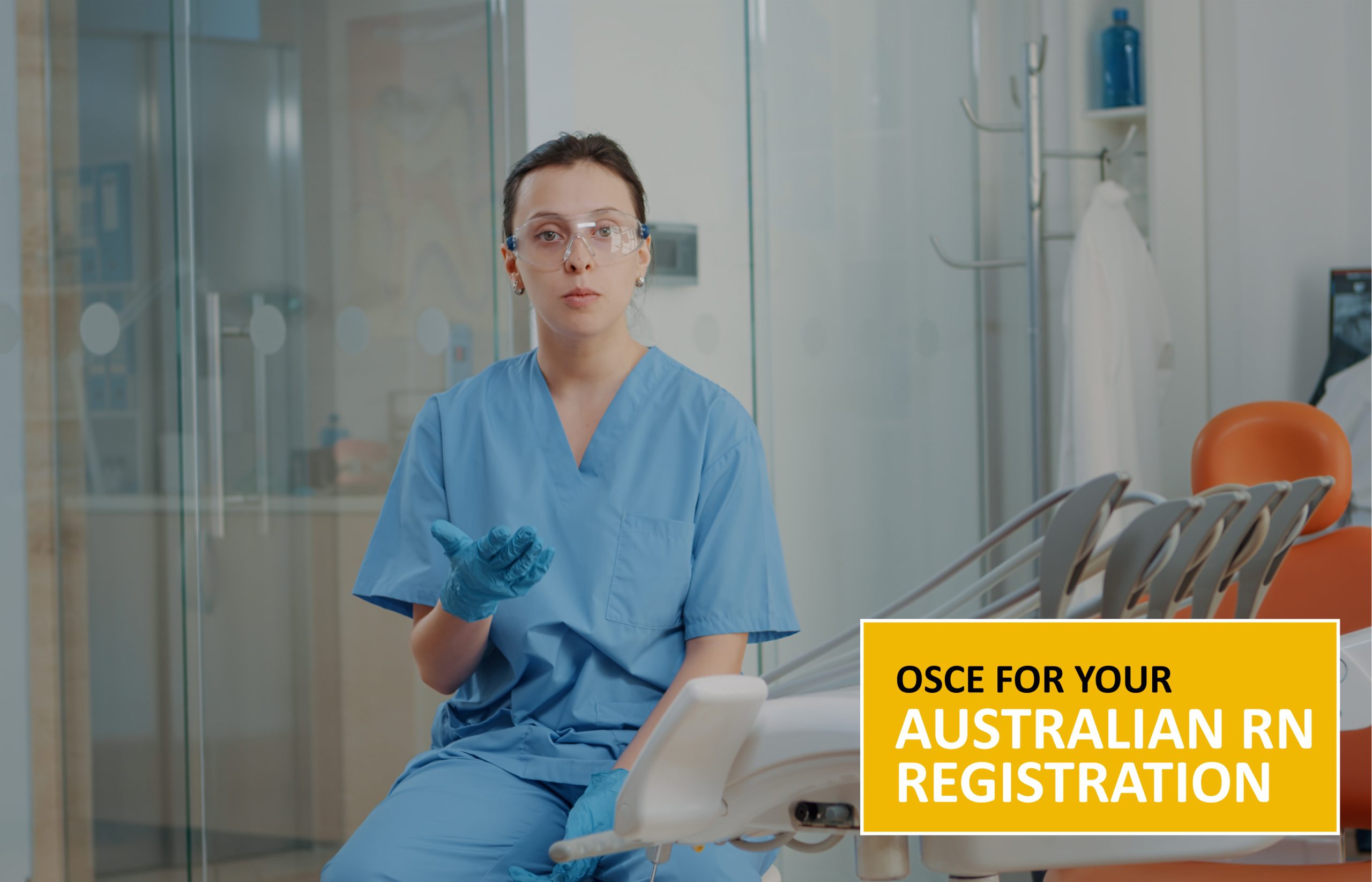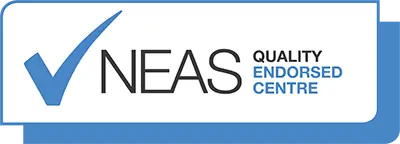
-
Posted on 19th October, 2022
7 Minutes read
OSCE For Your Australian RN Registration
Outcome Based Assessment (OBA) is a substantial pathway and works as an intermediary to nursing registration in Australia for internationally registered nurses. The RN OSCE is a practical test for internationally qualified registered nurses considering accreditation as registered nurses in Australia (RN). AHPRA’s Objective Structured Clinical Examination (OSCE) is more conceptually like a regulatory OSCE than an educational OSCE, and it is administered in a standardised manner for all applicants. After passing your Multiple-Choice Question (MCQ) or NCLEX-RN stage, you will proceed to the Objective Structured Clinical Examination (OSCE). You will be allowed to apply for nursing registration with the Nursing and Midwifery Board of Australia (NMBA) and the Australian Health Practitioner Regulation Agency only when you have passed your OSCE (AHPRA).
How are students evaluated?
Candidates will be evaluated in accordance with the Nursing Midwifery Board Aphra Registered Nurse Standards for Practice across a total of 10 stations or clinical scenarios on the OSCE. The benchmark for success on the OSCE for an Australian RN is the level of knowledge and skills required for entrance into the profession. If you pass your OSCE test, your results will be sent to you within 5 business days. At that time, the NMC will go through your whole application and double-check everything you provided as part of it. The NMC may take up to 35 days to assess everything and provide your PIN. Applicants who ace the OSCE examination may therefore apply to AHPRA for NMBA registration.
What does OSCE assess?
- Competence in a specific area of clinical practise.
- A comprehensive approach to patient care management skillset.
- The ability to think clearly and provide treatment that is individualized to each patient.
- Being able to conduct a clinical evaluation and formulate a treatment strategy based on the results is a crucial skill.
- The ability to always guarantee patient safety.
- Effective verbal and nonverbal communication skills.
Exam OSCE: What to Expect?
- The Objective Structured Clinical Examination consists of 10 stations, each one of which is conducted in a timely manner. Only 2 minutes are allotted for reading, and 8 minutes are allotted for performance.
- When the station’s timer runs out, you must go on to the next station, even if you haven’t accomplished all the necessary segments for that station.
- The test is conducted with the assistance of performers who act as simulated patients, and certain stations may contain mannequins.
What skills are assessed?
Each applicant will be examined on a variety of practical competencies, which may include, but are not confined to:
- Vital signs.
- Therapeutic patient communication or consent.
- Calculating drug dosages.
- Risk management in the clinical environment.
- Subcutaneous or Intramuscular injection.
- Infection control practices.
- Non-Touch Technique.
- In-hospital resuscitation without defibrillation.
- Medication administration Intravenous therapy administration or management.
- Physiological observations.
- Wound care.
- Hand hygiene.
- Patient identification and informed consent.
- Communication skills.
To summarise, the OSCE test is a structured assessment designed to determine if you are qualified to begin your nursing profession in Australia in accordance with the NMBA standards of practise. This test evaluates both your clinical and behavioural competencies. Prior to actually attempting the test, review the OSCE exam format, question pattern, assessment procedures, and better align yourself with the exam pattern.



